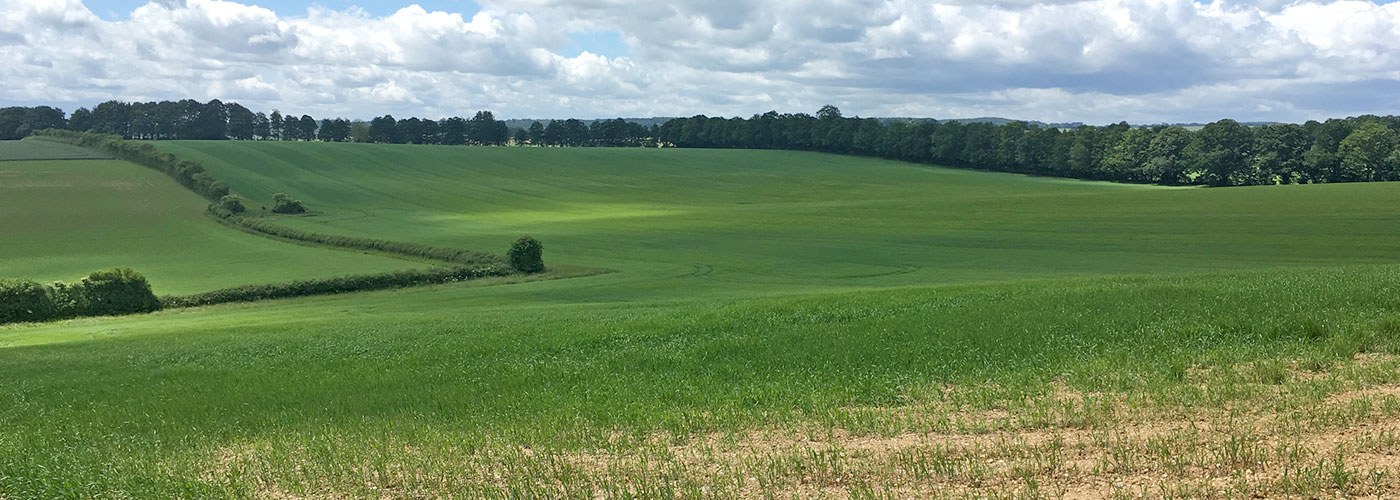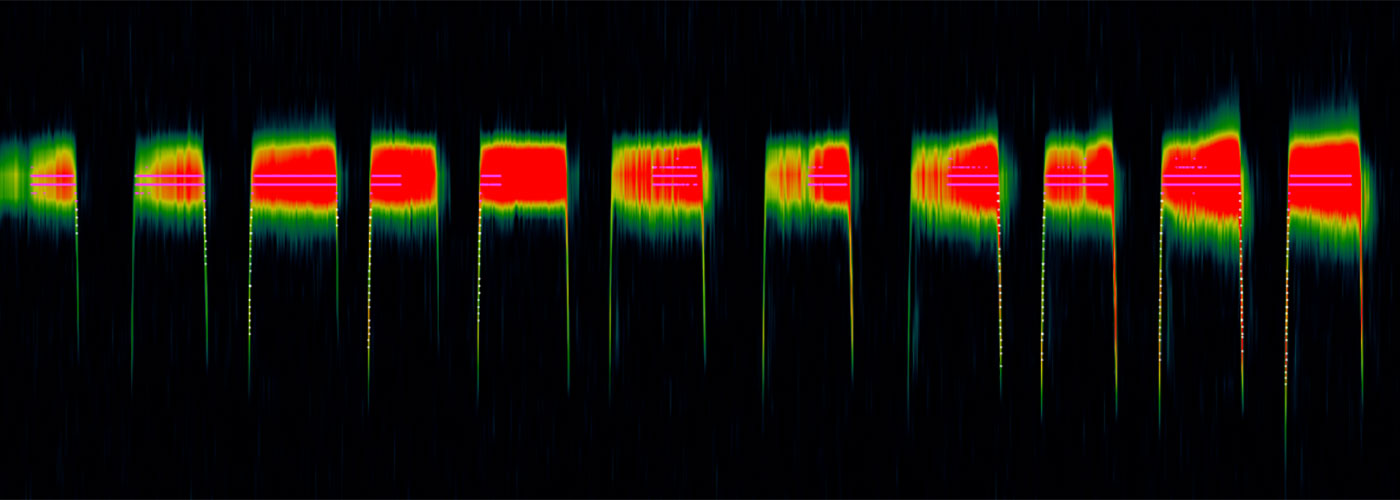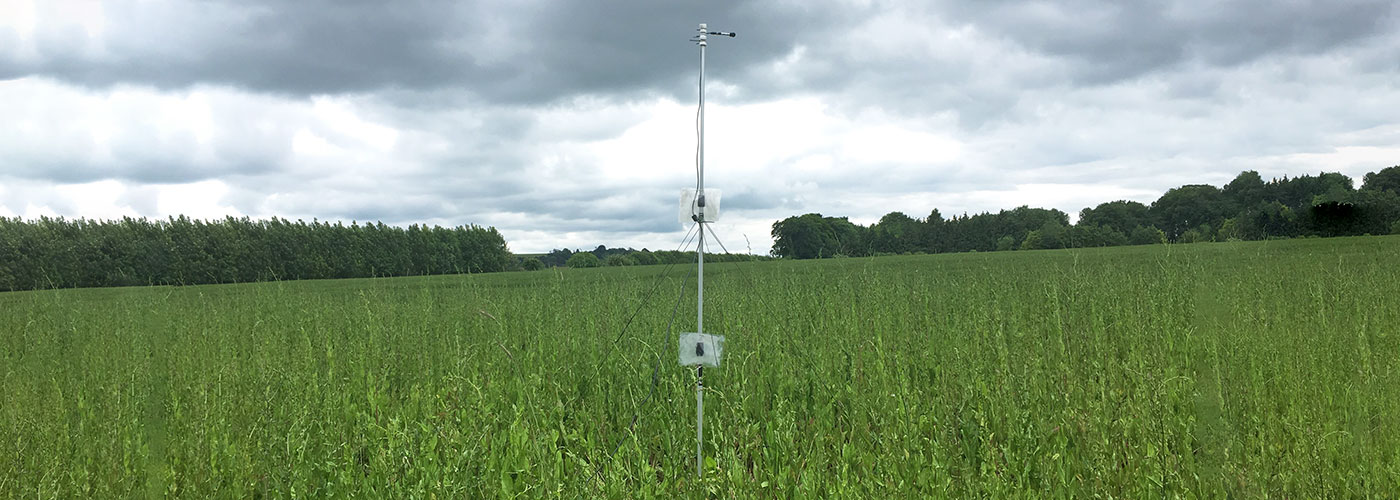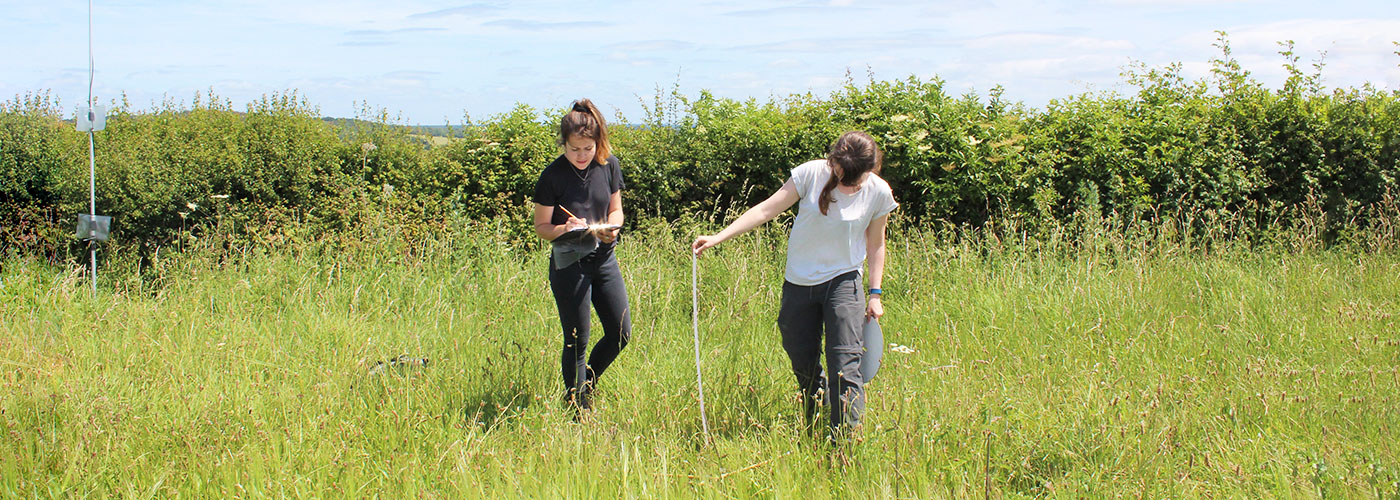Agribats was a Heritage Lottery funded project, run by the Game and Wildlife Conservation Trust, that aimed to improve the conservation of bats on farmland. In 2017, we worked with landowners across Hampshire and Dorset, to carry out fieldwork to better understand which arable habitats are attractive to bats and to promote these habitats to farmers to aid bat conservation.
Why study farmland bats?
Bat populations declined significantly in Britain during the 20th century due to a combination of factors including loss of roost and feeding sites. Bats’ roosts in Britain are protected under legislation, but foraging sites are unprotected making them susceptible to land use changes. As over 25% of land in Britain is arable farmland, it is important that we understand how we can reduce the impacts of agriculture on bat feeding sites.
All 18 species of bat in Britain feed on insects such as midges and beetles. Agri-environmental schemes (AES) provide habitats which support an abundance of insects and may present favourable foraging opportunities for bats. It is vital to determine exactly which habitats on farmland are beneficial for bats in order provide measures to support the UK’s bat population. Not only are bats an important part of the UK’s wildlife, indicative of a healthy ecosystem, but they are also essential for pest management. It is therefore crucial that the foraging requirements of bats are investigated so that farmland may be managed accordingly.
The project
This project aimed to investigate AES habitat requirements of bats in Hampshire and Dorset, through focused surveys using a network of farms.
How was it done?
Bat activity was measured by acoustic surveys that took place on 15 farms using SM3 bat detectors. The farms selected for study had a least three of the following AES habitats, grass margins, wildflower margins, wild bird seed crop and pollen and nectar plots.
For the bat acoustic surveys, the per night activity was recorded as the sum of the individual bat recordings for the first six hours after sunset and was calculated for each species/species group. Bat recordings were assigned to species using the software SonoChiro, with accuracy between 88-100%.
Vegetation surveys were also carried out along field margins where the bat detectors were deployed. Quadrats were used to estimate the percentage cover of grass, dicot, and bare ground. The number of ground flora were counted in addition to the number of individual flowering plants present within quadrats.
Contact us
If you have any questions about the AgriBats project or are interested in volunteering, please contact Niamh McHugh at GWCT, Fordingbridge, Hampshire, SP6 1EF. Tel: 01425 651057, email: nmchugh@gwct.org.uk or follow us on Twitter @AgriBats.




